Stephen Lawrence would have been 50 today. Is there still a chance to get justice for him?
Share
Explore Our Galleries
Breaking News!
Today's news and culture by Black and other reporters in the Black and mainstream media.
Ways to Support ABHM?
By Daniel De Simone, BBC
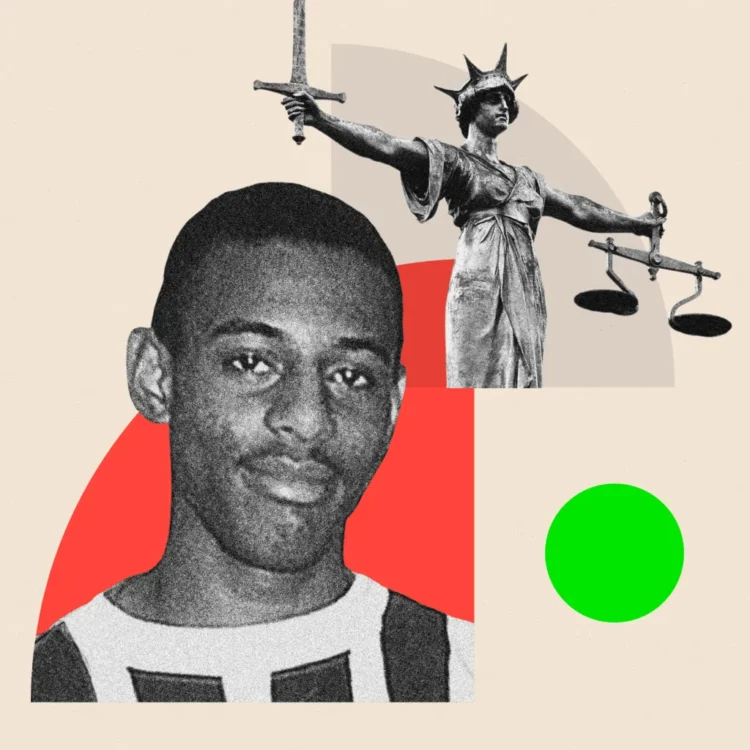
Stephen Lawrence would have turned 50 today.
His racist murder in 1993, when he was aged only 18, stole his life.
Amid the Metropolitan Police’s many failures, Stephen’s murder has never been fully solved and the 31 years since have been stolen, too, from his family, whose campaign for justice has been unceasing.
Stephen was stabbed to death by a gang of five or six young white men. He had been with his friend Duwayne Brooks waiting for a bus in Eltham, south London.
Only two of his killers have been convicted of murder, after a trial that concluded in 2012, meaning others responsible remain free. Another suspect has died.
Stephen’s case is the Met’s best-known and most controversial murder. It generated one of the great justice campaigns in UK history and has changed policing, the law, and society. The Met knows the case matters to millions of people and it is a case I have spent a large amount of time investigating for the BBC.
In 2020, the Met announced it was closing the murder investigation and that it had exhausted all viable lines of inquiry.
Following this, I began investigating and, last year, the BBC publicly identified a major suspect for the first time and exposed decades of Met failures relating to him.
For a long time, the suggestion that Stephen’s murder could ever be fully solved has seemed fanciful to many.
But if you look closely, as I have done, there may, in fact, be a genuine opportunity for further charges.
De Simone explains those possibilities.
The failure to bring Lawrence’s murderers to justice reminds us of those who got away with lynchings.
We cover more breaking news, too.
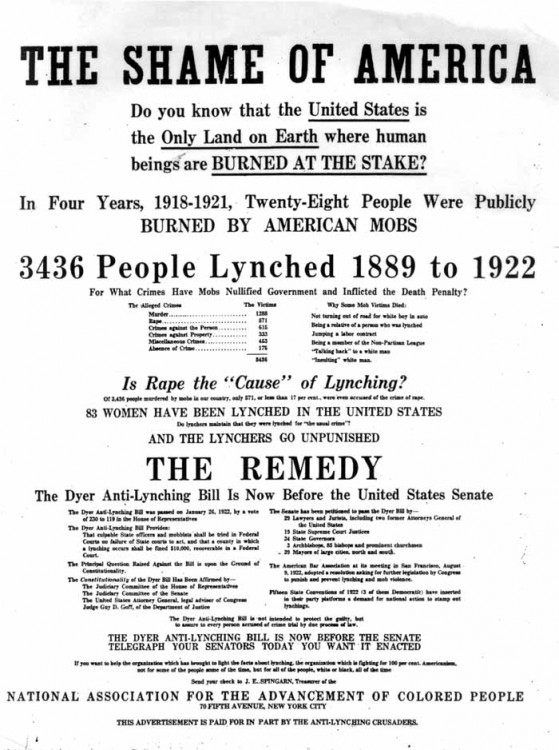
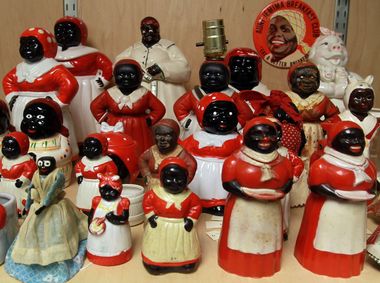
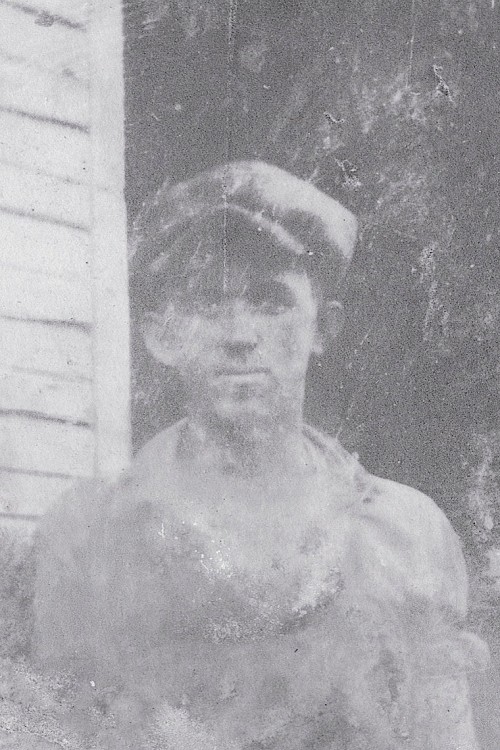
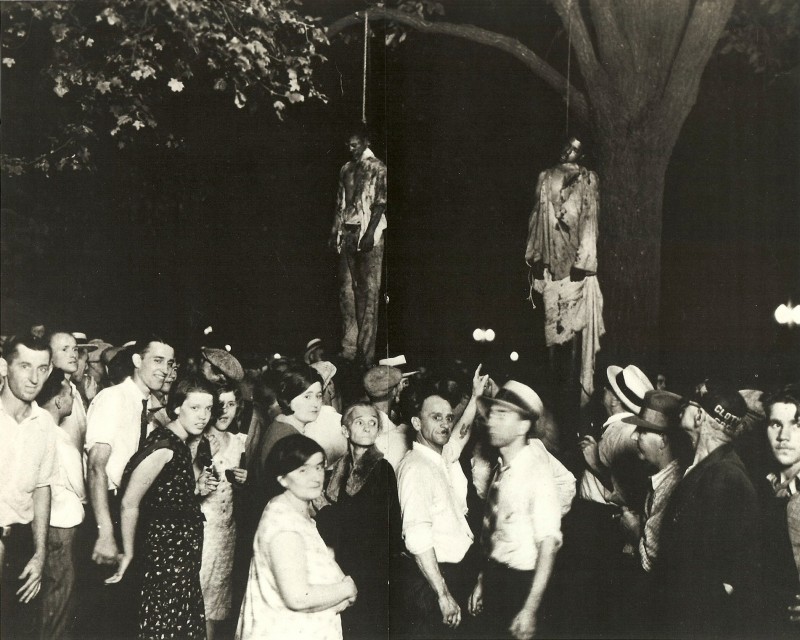
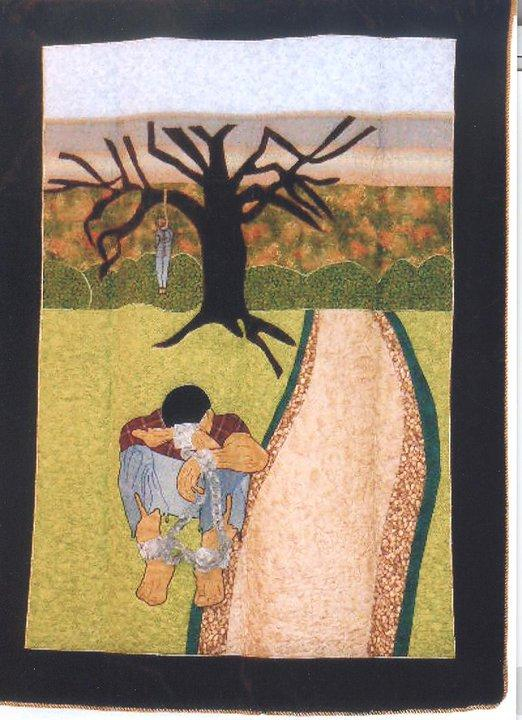

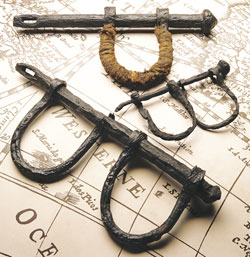


Comments Are Welcome
Note: We moderate submissions in order to create a space for meaningful dialogue, a space where museum visitors – adults and youth –– can exchange informed, thoughtful, and relevant comments that add value to our exhibits.
Racial slurs, personal attacks, obscenity, profanity, and SHOUTING do not meet the above standard. Such comments are posted in the exhibit Hateful Speech. Commercial promotions, impersonations, and incoherent comments likewise fail to meet our goals, so will not be posted. Submissions longer than 120 words will be shortened.
See our full Comments Policy here.